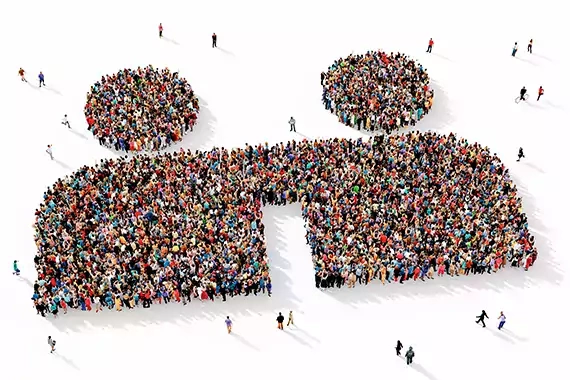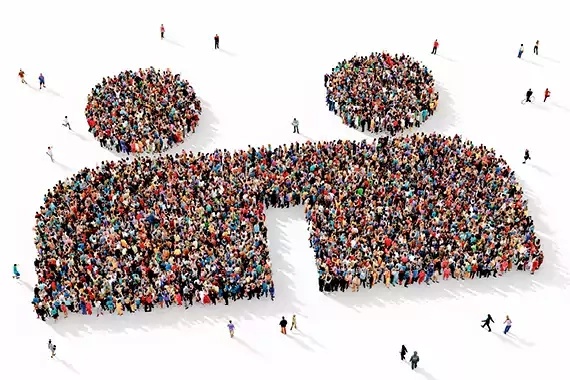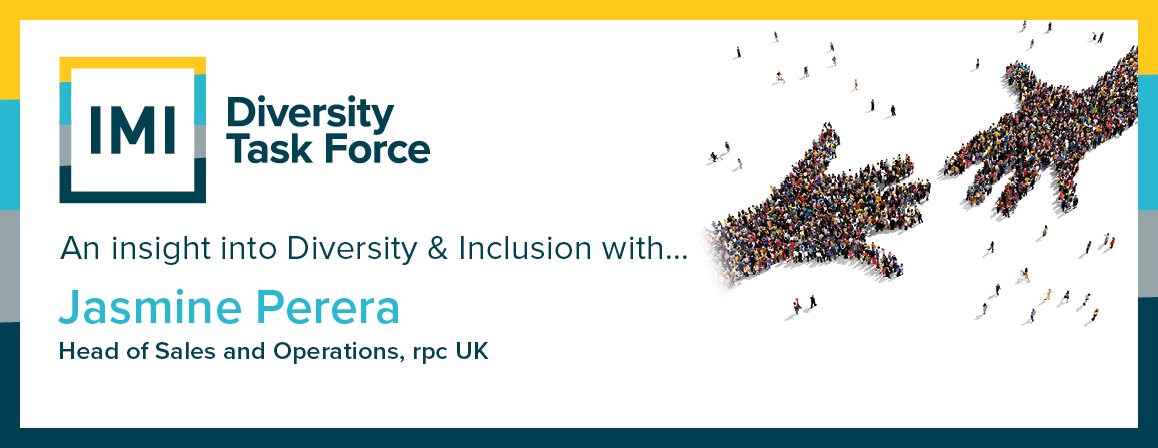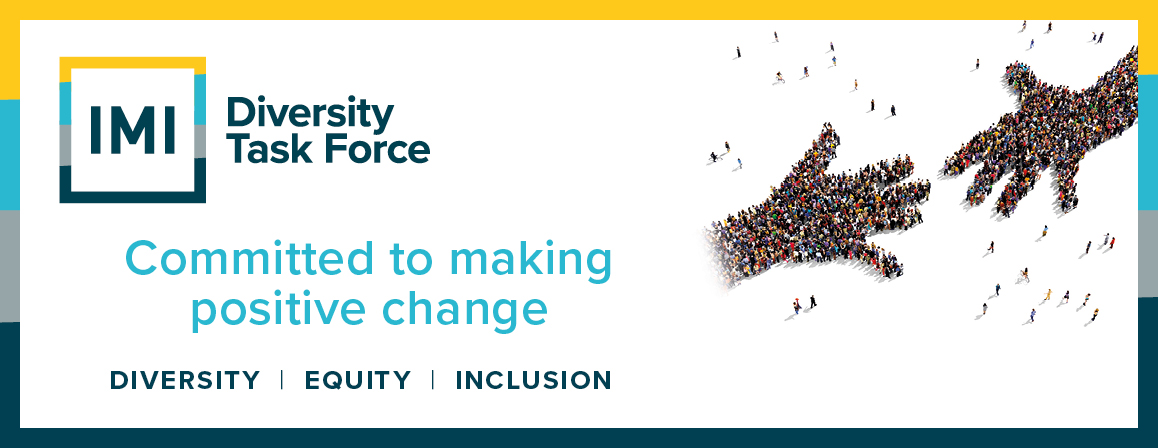This case study attempts to use terminology that is acceptable to under-represented groups, but we appreciate that some of what is written may be problematic. For this we apologise. As with many others, we are on a learning journey and hope that you will bear with us as we move forward together.
Name: Jasmine Perera
Job Title: Head of Sales & Operations
Employers name: rpc UK
Tell us what it was like when you first started in the industry?
It feels like forever ago! I started in motor finance and had a fabulous experience. A whole group of us started together and it felt like being back at uni when you start off with enthusiasm, naivety and innocence. There was a lot of energy and we did stupid hours to set up this company. We felt like we were part of something. I don’t think I even thought about it as a career. Which made it all the harder when a few years into the growth of the business I was confronted head on with bullying and also a racial attack. And I use these words carefully.
The incident I’m referring to took place in a board room which had glass walls and meant full visibility to anyone walking past. It was my manager at the time. A very large man, 6ft+ tall and much older than me, practically leaping over the table at me and pointing in my face because he’d heard a rumour. I was in my early 20s.
He didn’t see the point in hearing my side. I was seen to antagonise the situation because I was calm (more out of fear) and asked him not to shout at me. Because the situation had got out of hand I asked for the meeting to stop and asked for the involvement of HR, to which he agreed, almost gleefully. When I left the meeting I found a private space and broke down in tears.
Now this was a huge lesson for me - I was naïve at that time and thought that involving HR would mean that we would get to the bottom of the issue and that also the way I’d been treated would be challenged. However, many HR roles exist to protect the company and this was one of them. So HR got involved and I was genuinely perplexed that my manager’s behaviour wasn’t questioned or addressed. There were no problems with my performance, in fact quite the opposite. Yet that situation turned into a disciplinary against me, which I then raised a grievance for bullying and racial discrimination. There was evidence to support the bullying, not least the fact that people had seen the bullying behaviour through the glass walls, however proving racial discrimination was less clear.
At the time, the only issues this manager had and brought to HR involved Black women, and I was one of them.
How did that experience effect you, did you stay with that company?
There was no way that manager was going to push me out of a role I really enjoyed. I was getting great feedback from clients, I was performing really well. I stayed there and he was moved to another market. I’m blessed to have strong role models in my life. I’m the youngest of seven children in a matriarchal family. Six girls and one boy. I have the most amazing mentors in my family of strong women and men. I need to look no further than my siblings! I had and have a strong foundation and knew what true inner strength looked like from a young age.
The situation was a great example of how I didn’t want to conduct myself as a manager and leader.
With that one experience, the fact that the business and many relationships I had there showed their support of me, reinforced my sense that I was in the right.
Only yesterday I heard something which really resonated. Someone said ‘what you go through, you grow through’. I’ve gone through it and didn’t sit within a victim mentality. Otherwise your perpetrator has a hold on you for far too long. I didn’t want that person to have that kind of power over me.
I’ve seen bullying behaviour from people you wouldn’t expect it from. You’ll have heard the phrase white privilege and there’s ‘position privilege’ where people abuse their power. It can crush your motivation and prospects.
I’m blessed by my upbringing. My mother is formidable. In another role I had a line manager who had me in the office because I was seen to be protecting my team too much. He used phrases like “Shut up! It’s not your time to speak”. So because I’m tenacious, my response was “so do I have permission to speak now?” Which I know just riles people up. But that kind of attitude and behaviour doesn’t belong in any environment, especially a business environment. However, I don’t believe that was a racially provoked situation but definitely it wouldn’t have happened if I was male instead of female.
I won’t tolerate bullies.
Does this still happen? Are people more tolerant and have greater respect for others?
No. I think it’s morphed. The advantages we had before was that it was blatant. Now it’s morphed into far more subtle bullying and discrimination. People are now more aware that these things aren’t tolerated by corporates. HR is there to protect the company and will deal with these issues if they’re reported. They’ll make sure there’s no negative press or fall out and will pay for silence.
I speak to so many people at different levels and you see it come out in unexpected places. It’s the emails that aren’t responded to. It’s the conversations that are cut short. Discrimination is much more nuanced these days.
Some people are unaware of their behaviour and the impact it has. Sometimes it’s the right thing to address it with them. One of my previous line managers didn’t realise his behaviour was bullying. He saw it as ‘dealing with a situation’. We managed to have open and frank discussions about it and we ended up having a positive relationship. It took a while but that was a win. I believe that where you can create harmony rather than war you should and without compromising your values. Harmonious relationships and communities should be the aim.
What’s the most difficult thing about addressing something like this with someone?
My mentors’ two favourite words are ‘it depends’; and it does. Sometimes I will challenge the situation and sometimes I will go in and challenge the person. But it’s always with the intent of helping them become a better version of themselves. Mostly there’s an ‘aha’ moment or sometimes they’ll be honest and say they realise but don’t know how to change. Sometimes it’s as simple as asking the question ‘what were you hoping to achieve by saying that?’ It puts the responsibility back on them and gives a moment to pause and reflect.
I had a team lead once – I’d gone on holiday for 10 days and when I returned the team literally came running up to me as I came through the door and asking me never to go away again! I wondered what had happened!
It turns out that the team lead’s behaviours was the issue. His way of dealing with things was the ‘do as I say or else method’. So I gathered feedback from the team and had a 121 with him. I shared the feedback with him and he owned up to his behaviour. He said it felt like the fastest way to get things done. But when I asked him how he felt it had landed with individuals, it slowed him down and he realised it wasn’t so positive. I also asked him whether that was how I’d treated him and he said it wasn’t. So from that we were able to have a conversation where we unpacked his behaviour and the impact. He gained a better understanding of the impact of his behaviour and did apologies but he’d already done the damage.
What was also very interesting was that he was only treating the female team members in that way. The male team members were left alone because in his view, they were deemed to be ‘handling it’.
Another example is from when I used to train, which I still do sometimes. But back in the day when I trained for a living, I had a group of 24 going through a sales certification course. It was a young, jovial group. Mixed in terms of gender and ethnicity. I happened to walk into the room to hear one the guys telling a homophobic joke. So I stepped in and called him out. I challenged his inappropriate behaviour and when I asked whether, if I hadn’t been in the room, he would have been telling a Black joke. When I asked that, I knew that it had really landed. Whereas before I asked that question, the mood was very much that it was just a joke. But it isn’t just a joke and I believe that as an industry these are the things we should no longer tolerate.
As an organisational leader you need to define how you want your team to show up and behave.
Allowing a culture to grow that doesn’t serve you is dangerous.
What are your thoughts on how easy it seems for women to be labelled aggressive or over sensitive?
Labels are easy to get and very dangerous because they can stop someone’s progression opportunities. In the automotive industry you have to be a confident woman to be the only woman in a board room or in a training group. Let’s not even talk about being a Black woman.
In the motor industry – woman in a senior position tend to be in limited 'subject areas' and even less so for Black women. Then with the pressure of 'that' position being seen as the 'female' position, the culture of having to remove 'her' from the top to get to the top as a women creates a negative drive rather than healthy competition.
We need to be attracting and promoting more than just men. If you only search in places where men are you’ll only get men. It’s like if you’re fishing for carp but fishing in a lake containing only bream, you’re only going to catch bream. I’ve long had the label of ‘being a force to be reckoned with’. But what I try and create is a productive and effective space for my team to deliver to the best of their ability.
I did have a particular female client who had a reputation of being really strong, forceful and tenacious. Before I met her I thought we would work well together. Going into that relationship, my thoughts were ‘this will be great, let’s support each other!’ However the reality of the situation was very different. As we began working together I think she realised that she couldn’t get her own way, which then resulted in some feedback from my manager that this client thought I was intimidating. When I was told this I thought I’d misheard! Sadly the motivation behind the feedback was because she couldn’t bully me into submission she so she used this tactic to undermine me.
Unfortunately I think the sector nurtures that type of behaviour.
As women in the automotive industry we’ve all had to work harder than our male counterparts and as a Black woman I’ve had to go the extra miles. Therefore, when you have another woman who is overtly trying to damage your reputation or bring you down it does feel like a betrayal from within the ranks. I’d like them to lift their head up and see that there aren’t that many women in our industry. We should be supporting each other, not competing with each other.
As a business leader today, do you feel that there are any changes in attitude from the younger generation coming into the industry?
Yes. I love the worlds’ young people. I see their potential. They are full of eagerness. They’re willing and wanting to develop. Of course, that can go two ways. If you put them into a barrel of spoiled apples they will spoil. But there seems to be a different presence with these people. I’m still watching and observing and doing my best as a leader to ensure that they have a healthy, fertile and balanced space to grow and develop. These are the future leaders of the industry. I feel really positive about the next generation coming up and I do feel there’s a difference. The group we’re in with the IMI’s Diversity Task Force, which is so brilliant as you’d image, is a good example. Although there’s higher proportion of men in the group, I feel so positive because of their willingness to listen and understand, and importantly, their willingness to try and change. Traditionally this was never an expectation. Listening and understanding was scorned. Whereas now there is the expectation that you will listen and hear and I think that communities are a lot tighter, more diverse and tighter. I feel that they are affecting change and influencing upwards.
Is there a higher expectation on the new generation coming through? Can they accelerate our progression with diversity?
I think we have to undergo an evolution through education. We can take good examples from other sectors and we can do it more quickly because there are lessons already learned. But we have to go through the process. That’s how we make authentic lasting change led by education. Making incremental improvements step-by-step, which are deep rooted behavioural and cultural changes. All positive conscious changes.
What would you want people to understand about your career journey and what’s next for you?
If my story inspires just one person to see the need for change, that would be a positive result. My advice is: be tenacious. Love yourself. Respect yourself. Be true and authentic to your values. Be kind to yourself and others. I’m not just talking to women when I say this, I’m talking to men as well.
The different conditions that women go through and greater awareness and education the better on how to affect change. I’m trying to helping everyone I work with to feel like they belong and that there’s a safe space to grow and develop, whether that’s a school leavers, an Apprentice or a manager. I want them to walk into a space and not have to think ‘I’m the only Black person here’ or ‘I’m the only woman here’.
I’ve been very supported on my journey. I’ve been blessed with experiences that have made me understand how not to behave as well as experiences and people who have inspired me.
What’s important to me is being authentic.
Next for me is having some down time. To respect and be kind to myself. I’ve not done that very well recently and have put myself on the backburner. So I’m giving myself some space and time to re-charge. For the longer term I’d like to help more people become better versions of themselves and I’m privileged to be in that position from a business and personal perspective.

Lived Experiences




